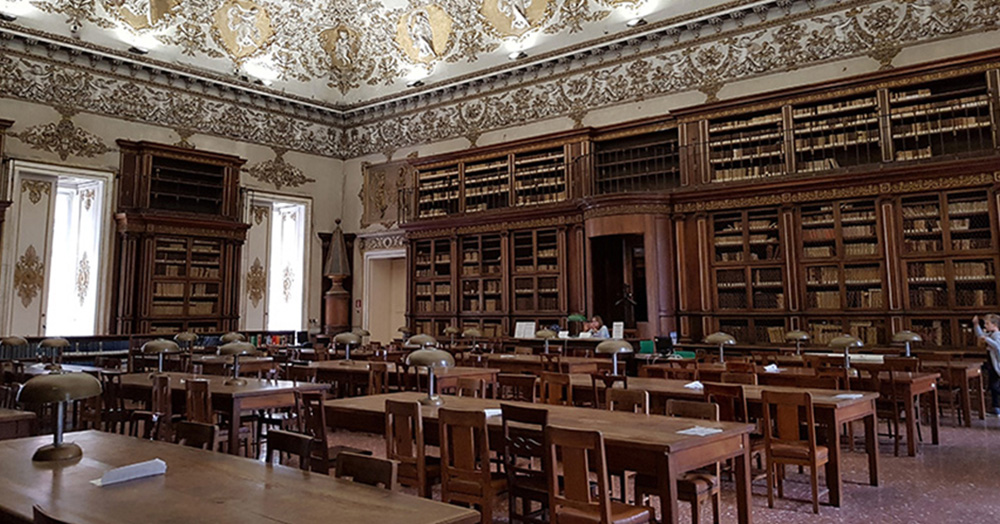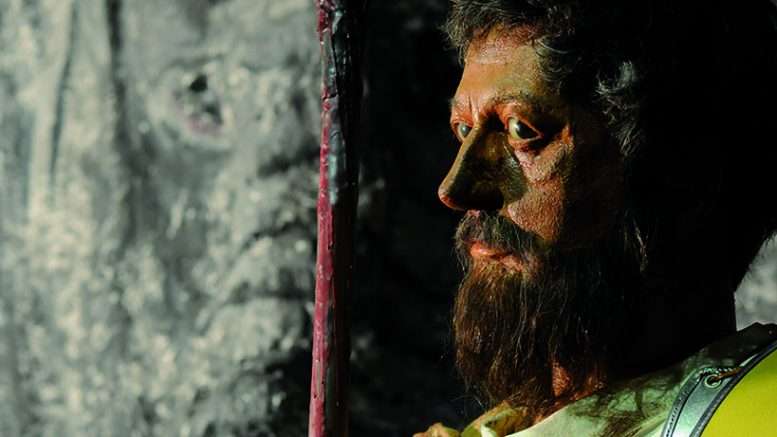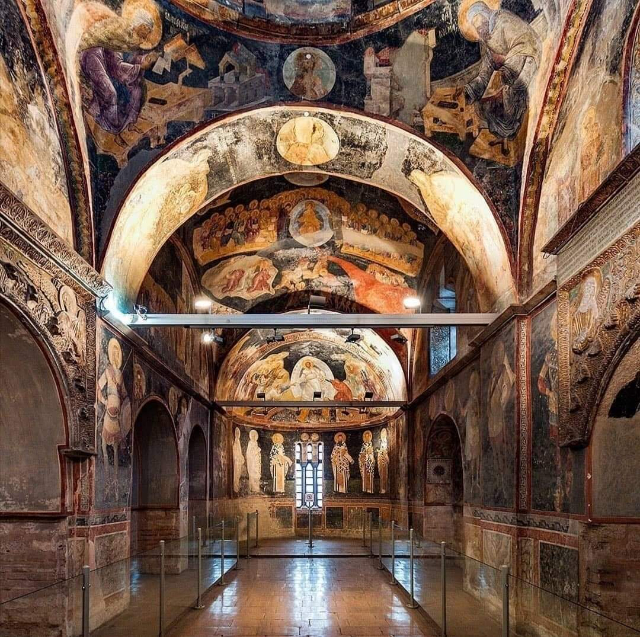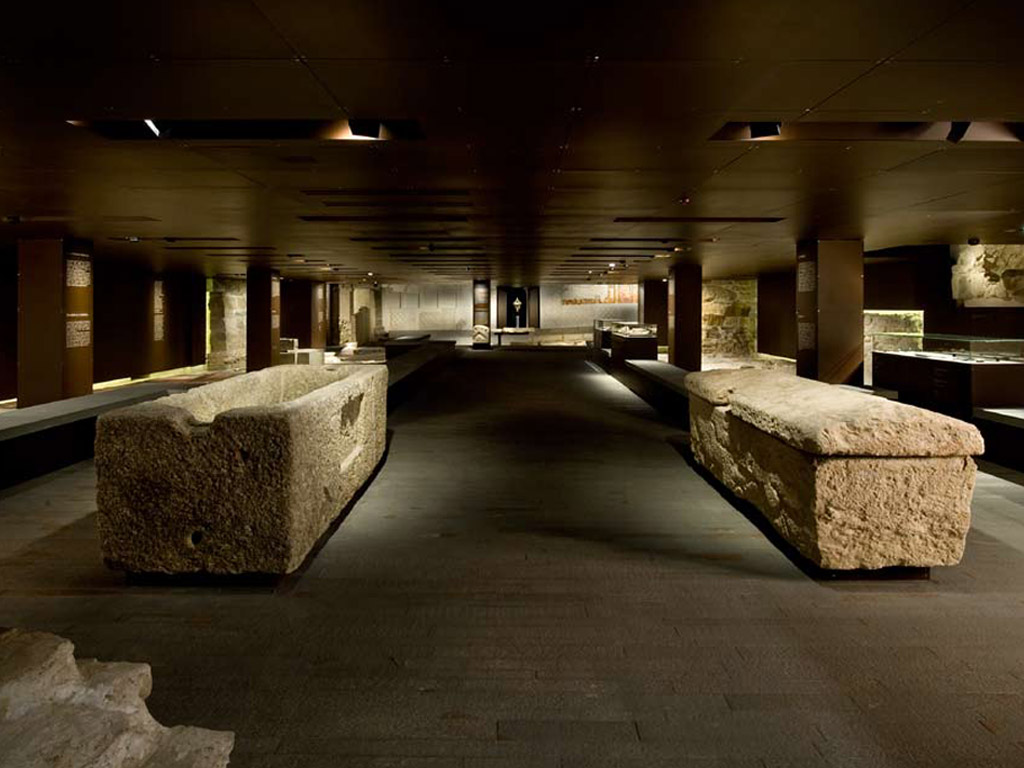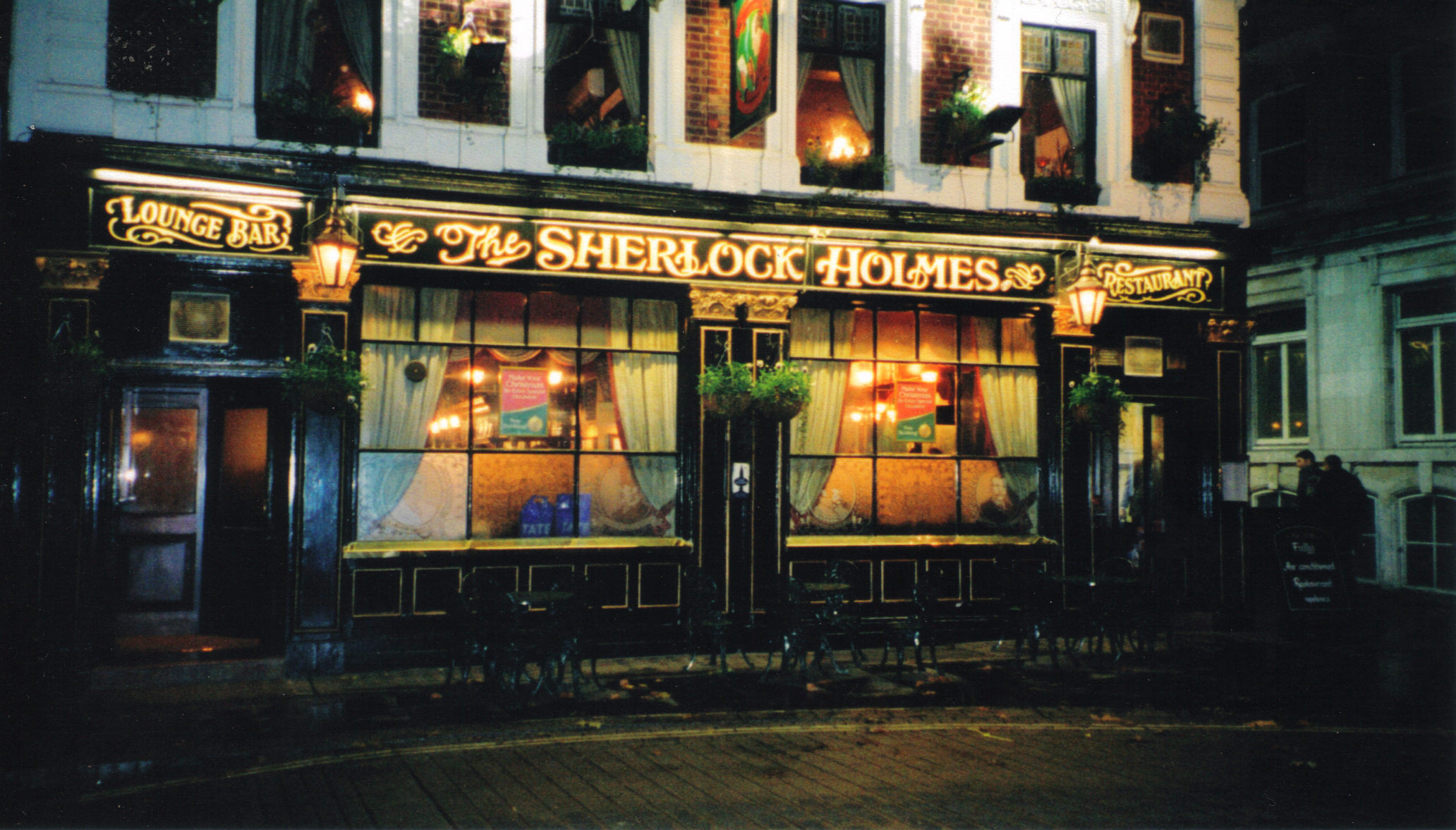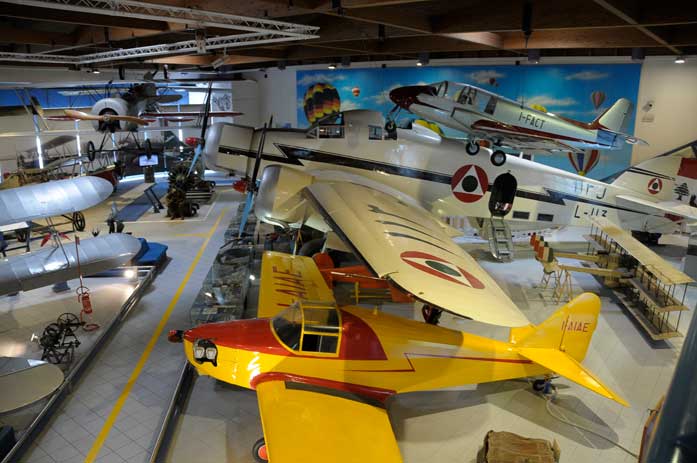The Lucchesi Palli Library was born in 1888 when Count Febo Edoardo Lucchesi Palli of the Princes of Campofranco donated his rich dramatic library with annexed Music Archive to the Italian State. It was the Count’s wish that the librarian and sub-library were chosen " among the most renowned connoisseurs of dramatic literature ". In fact, the first librarian destined to direct the Lucchesiana was the famous playwright Achille Torelli. From 1st September 1902 the task passed to Salvatore Di Giacomo who kept it for about thirty years. The Lucchesi Palli library was made up of about 30,000 volumes including opera librettos, dramas, comedies and newspapers. There were also scores and autographs and it even included a rich collection of Japanese literary works and a legal section, provided with legal memories, partly collected over the years by the Count and partly donated by various jurists of the Neapolitan court.
Currently the Lucchesiana occupies 12 rooms: the primitive nucleus has increased, through purchases and gifts, in the three directions of music, cinema and theatre. The precious manuscript collection includes documents of considerable interest, such as, for example, a large collection of letters signed by Giuseppe Verdi. Also worth mentioning is the Di Giacomo Collection, which includes manuscript and printed works by the great poet and librarian of Lucchesi Palli, and the rich collection of Neapolitan songs, distributed in the collocations Musica e Canzoni.
Among the more substantial antique purchases are: the Mastriani collection received in 1961, the Torelli correspondence purchased in 1975, and a collection of over 650 theatre scripts from 1850 to 1920, in use at the theatre companies of the time, purchased in 1985. Among the most conspicuous gifts we must remember: the De Martino collection (200 theatre scripts donated in 1946 by the pulcinella Giuseppe De Martino), the Cenerazzo collection (over 970 manuscript scripts and about a thousand volumes and pamphlets belonging to the Italian-American actor Armando Cenerazzo, who died in 1957).
But, together with the function of preserving and studying the testimonies of the past, Lucchesi Palli aims to fulfil the tasks of a modern library of entertainment and communication, dedicated to theatre and music, cinema, television, and, to a lesser extent, fashion, photography, new media and new information technologies.
